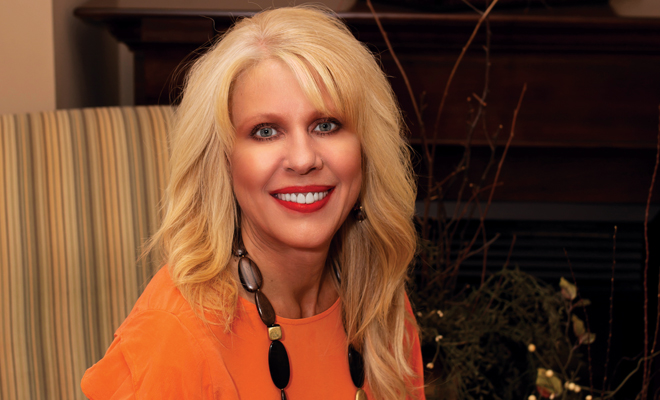 Colleen Ring
Colleen Ring
Take Charge, Inc.: Create a New Relationship with Your Emotions
There they are, dumped by his side of the bed, stinky, dirty socks. Time after time you’ve reminded him to put them in the wash, but heaped in the corner is his disrespectful answer to you. The morning has already gotten off to a bad start because you couldn’t get the kids out of bed and now this. Smelly socks on the floor! You slam the clothes basket onto the bed and march into the kitchen to confront him. Your emotional response triggers World War III.
We’re all humans, and we all have emotions. They shape and drive our actions and originate in our brains. In the past, mental health therapy has focused on cognition and changing learnings acquired through thought, experience and the senses. But we now understand that emotions and how we deal with them are key to improving ourselves and our relationships. Emotionally focused therapy, or EFT, has done so well for couples that it’s migrating into individual and family therapy. Terri Clinton Dichiser, Licensed Clinical Professional Counselor, Take Charge, Inc., is one of a handful of therapists in the KC-metro who has completed various levels of training in EFT. In addition, she’s a current member of the International Centre for Excellence in Emotionally Focused Therapy.
Therapeutic Shift
“In the beginning of therapy, we had psychoanalysis from Freud. Then we went to behaviorism, and then we went very much into cognitive. Because we kept moving in those directions, emotions didn’t get center stage. But now the field is growing towards emotionally focused therapy,” noted Terri. “Our emotions occur first in our brains, and we have these bodily responses because emotions give off these signals to our body. If we’re in danger or upset, it’s going to send all sorts of indicators and chemicals that we need to do something or not do something. That’s the powerful thing about emotions. But we need to learn to work with them and make friends with them.”
EFT helps couples or individuals change their interactions during stressful occurrences by altering their emotional reactions. “You can change the relationship with your emotions. You can learn how to regulate your emotions and learn how to connect with yourself and not run away. Also, you connect to others and you’re not alone,” she shared. “A therapist will work with you on those emotions. When you face a situation, you can do it differently by changing and reshaping it.”
New Responses
Terri notes that in the past, couples therapy would take such a beating because therapists would attempt to change behaviors by teaching partners different communication skills such as learning “I” statements. For instance, “I feel disrespected when you leave your socks on the floor.” Unfortunately, when the couple tried to employ this skill in the home, the situation wouldn’t go any differently. Because they went so deep into the moment, emotions took over and they couldn’t remember the training. On the other hand, EFT leads to changes in emotional responses so that the bond is strengthened and a more secure attachment is constructed.
“Couples therapy has moved so far ahead because we now know how to break down emotions and how to address them. With EFT, we go to the present moment and discuss what’s going on right now. Each person describes the emotions they’re experiencing and how does that feel in my body,” explained Terri. “In that moment when I find the socks, I may believe my husband never thinks about me, that I have to take care of everything and I don’t have a significant other. That’s terrible. No wonder you’re yelling at your partner. We work with the couple talking about what this means to them and how it affects them in their body. They process this with their partner and then he or she has a new understanding that shapes both of them and changes how they relate or it changes the behavior. Now, you feel safe going to your partner because you believe you’ll be heard and understood by them.”
Terri notes that EFT transfers quite well to distressed families and individuals. In family therapy, parents and children can learn how to communicate differently, organize the many emotions present in the family and then learn how to address them differently. With EFT, eventually, the members realize they are seen and understood and their emotions are being addressed. In individual therapy, you can address depression and anxiety through a deeper experience and understanding of responses to emotions, the blocks to emotions and the negative stories we tell ourselves.
Emotions that have grown out of control over time must be dealt with to bring healing. They must be front and center because they drive attachment and how we connect to others. EFT can bring healing for all of us to deliver long-term change. Even though we’re humans, we can learn how to better manage our emotions to ensure we have the tools to cope with our partner and our families, dirty socks and all. ■
To learn more about EFT, visit takechargeinc.net, kceftcommunity.com and iceeft.com.









